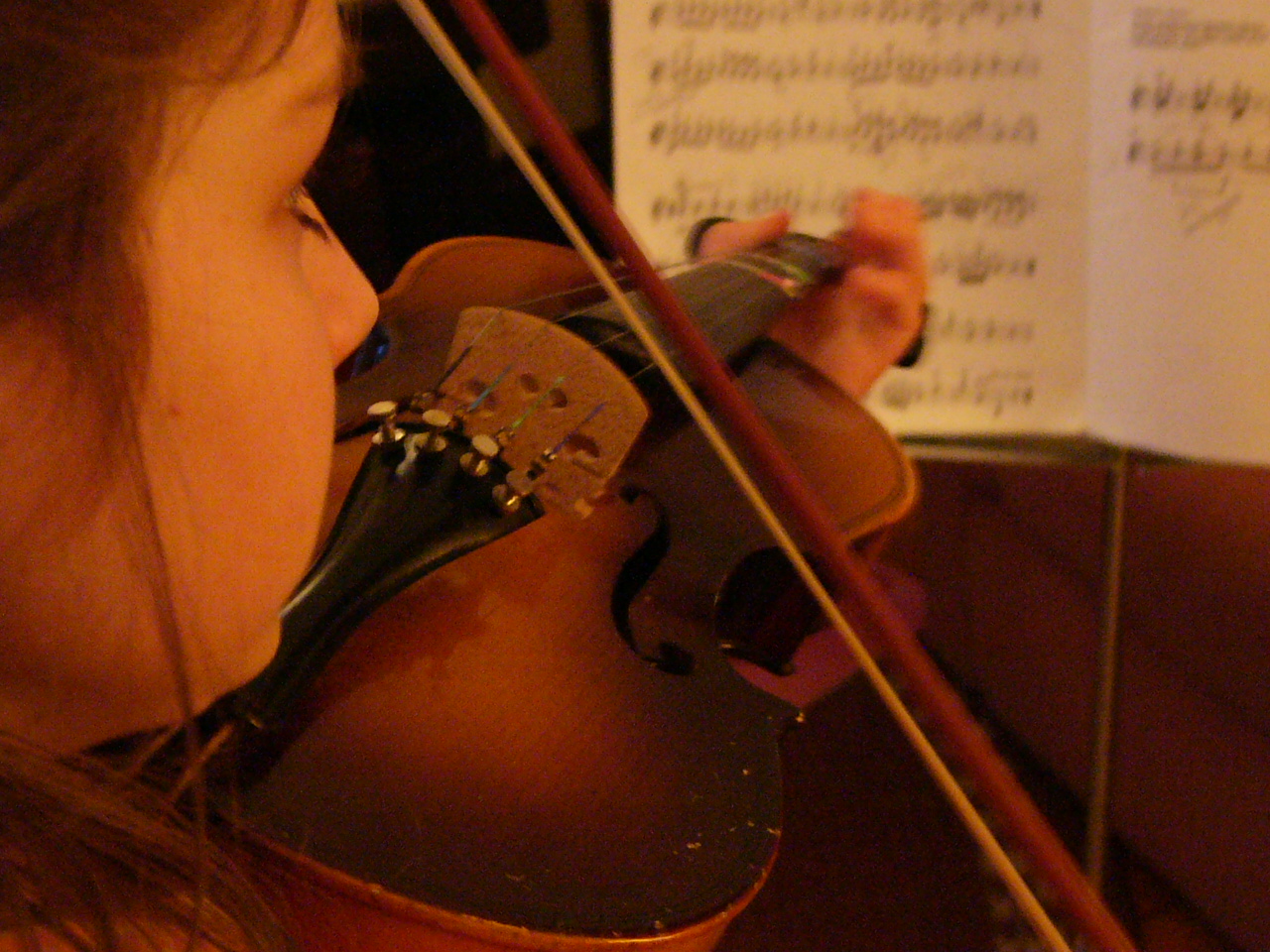You’re busy! I get that. We’re all busy. Private music students today tend to be so busy with school, homework, sports, and multiple extra-curricular activities they can find little time to practice their musical instrument. To combat the busyness, here are five essential practice tips that busy music students can follow to maximize and measure progress when learning a musical instrument.
- Set Aside a Consistent & Daily Practice Time. Practice time is sacred. It’s as sacred as Moses standing in front of the burning bush. That’s how serious music students should take it. Find some time alone during the day – no cell phones, no texts, no emails, no Kindles or I-PADs, no computers, no television, no distractions of any kind – just you and your instrument. Students have to get into a mindset that nothing else matters or exists when they practice. This takes discipline and dedication but is well worth it in the long run.
- Set Daily Practice Goals: Time is precious so don’t waste it! Playing around, goofing off, and calling it practice is NOT practicing. Students can waste more time playing their favorite Metallica riffs for hours rather than setting daily practice goals that maximize and measure progress. Students should ask themselves: What am I trying to accomplish technically and musically today? Once that question is answered then divide the practice time between those technical and musical goals. If a 45-minute practice time is established then dedicate 20 minutes to technique (scales, arpeggios, left/right hand exercises, etc.) and the other 25 minutes to learning musical pieces that build musicianship. Create and manage a daily practice routine that encompasses a good balance of technical and musical goals. Keeping a daily practice journal is a great way to set goals and measure progress in these areas. After honestly practicing and accomplishing the desired technical and musical goals for the day, then play all the Metallica riffs your heart desires. Music is supposed to be fun but it does require hard work and dedication if students are going to excel.
- Practice Slowly: Practicing slow is critical in achieving technical and musical success. Students continuously build habits in their muscle memory. These habits can either be good or bad. When practicing scales, arpeggios, and other technical exercises, practice slowly to make sure all hand movements and synchronization, fingerings (left and/or right hand), picking patterns (for guitarists), bowings (for string players), motion distribution, speed, articulation, and tone are accurate. Once these elements are mastered at slower tempos then gradually increase the tempo while maintaining proper technique. Practice with a metronome and chart speed development as part of the daily practice journal. Students should find songs and other musical pieces that incorporate the technical elements they are mastering for application.
- Take Small Bites: Work on one measure or phrase at a time when learning or practicing a new musical piece. Taking small bites can quickly get students past the notes and fingerings and on to the technical and musical elements the piece requires. Concentrate on these technical and musical elements once the notes and fingerings are learned. Practice slowly and build up speed with a metronome as the material is mastered. Learning and practicing in small increments allow students to master material faster and with more solid technique and musicality than practicing an entire piece at performance-level tempos from the very beginning. Practicing in this manner is really the only way to practice; even if students have all the time in the world.
- Measure Success & Keep Practicing: Measuring success is a great way to stay focused and motivated. Nothing gets me motivated more and into the practice room faster than seeing progress and celebrating what I have accomplished. Keep a daily practice journal, as discussed, to measure success. This is a great reminder of progress made from a week, two weeks, or even a month ago. Once students see how much they have improved then they will want to practice that much more!!
Michael Ridenour is the Director at the Music Academy of WNC in Hendersonville, North Carolina. He holds a Master’s of Music degree in guitar performance, has over 30 years of teaching and performing experience, and teaches approximately 50 guitar students each week in all genres of music. For more information about Michael Ridenour or the Music Academy of WNC, please visit their website at https://wncmusicacademy.com.

